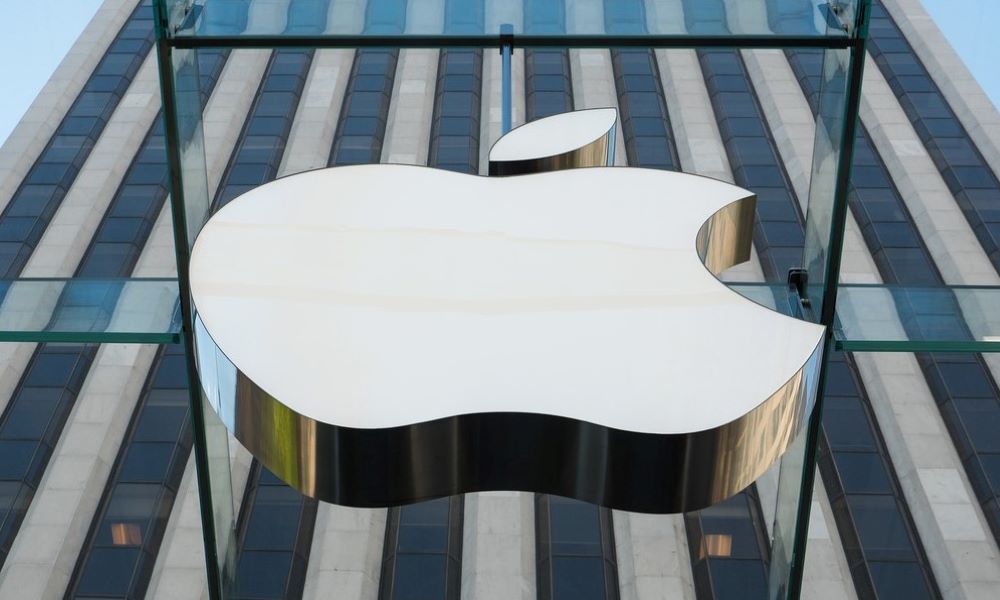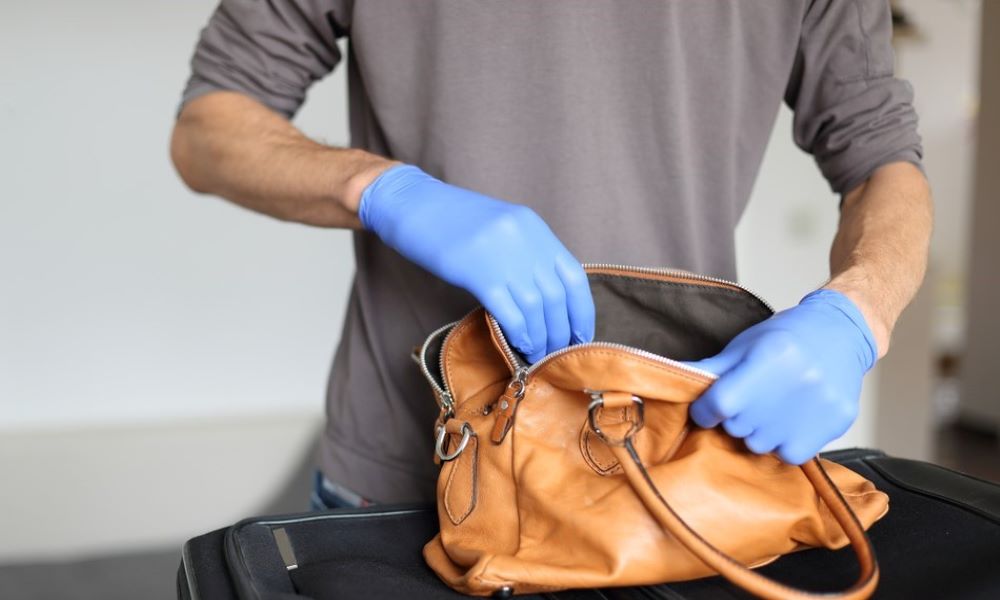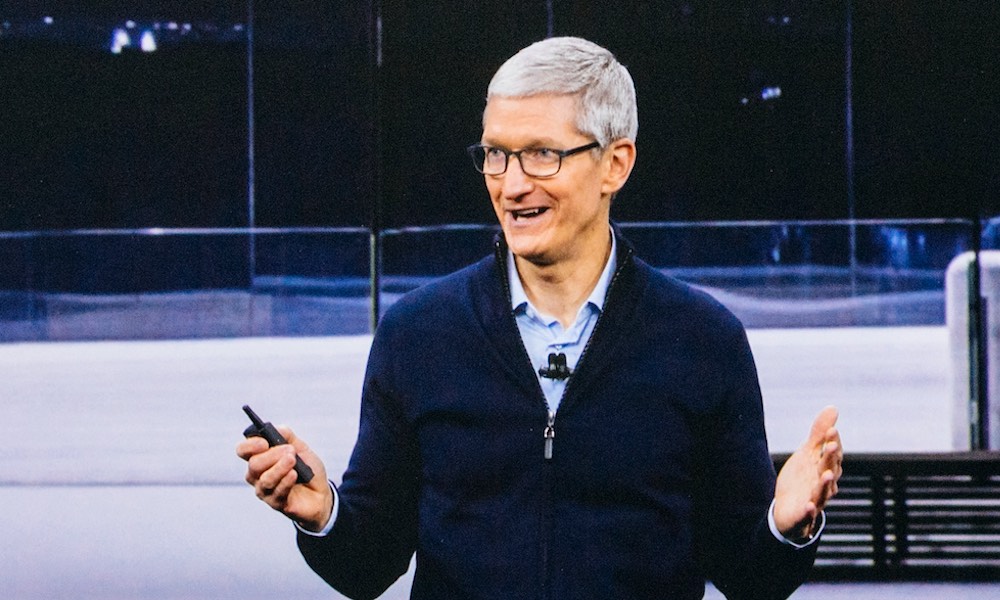Apple Employees Get $30 Million Settlement Over Bag Check Policy
 Credit: pio3 / Shutterstock
Credit: pio3 / ShutterstockToggle Dark Mode
After almost eight years of legal battles with its retail employees over lost wages, it looks like Apple has finally agreed to pay up in a $30 million settlement.
Last year, a group of Apple employees appealed a class action lawsuit over an Apple retail store policy requiring them to submit lengthy bag checks without compensation. It wasn’t the first such complaint, but it appears that this one actually managed to gain some traction, prompting Apple to do the right thing.
Like many retail stores, Apple has long had a policy in place that requires employees to have their backpacks, purses, and other personal bags checked by a supervisor or manager before leaving the store, whether that’s at the end of the day or merely for a short lunch break.
What’s the Problem
In Apple’s case, the problem is that these bag checks were often extensive, and they were done after the employees had already clocked out, meaning that it was being done on the employee’s own time. To add insult to injury, when the store was busy — which, let’s face it, is almost always the case for an Apple Store — employees could be left waiting for extended periods for a supervisor to become available to conduct the check.
To be clear, Apple isn’t unique among retailers in having employees clock out before their bags are checked. However, the problem in Apple’s case is that the bag checks take an unreasonable amount of time.
All of this waiting was also done without pay, and it’s been a longstanding pain point with Apple retail employees. A class action lawsuit was first filed in 2013 over the claim that employees were not being compensated for this time. That’s despite the fact that they were being forced to remain on the store premises for at least 10 to 15 minutes at the end of every shift while they waited for their bags to be searched — and for as long as 45 minutes during busier days.
That original 2013 lawsuit demanded that Apple compensate over 12,000 former and current employees from 52 stores for these lost wages. According to Bloomberg, a law professor who reviewed the case estimated that such a ruling could have cost Apple as much as $60 million, and that’s not even including possible penalties.
Unfortunately for the plaintiffs, that original 2013 lawsuit was thrown out in 2015. At that time, U.S. District Judge William Alsup sided with Apple’s request to dismiss the suit, agreeing with the company’s stance that employees weren’t required to bring personal bags to work. Hence, Alsup ruled it was their choice to give up the time required to search their personal bags.
It is undisputed that some employees did not bring bags to work and thereby did not have to be searched when they left the store.
U.S. District Judge William Alsup in a 2015 ruling
In 2014, the U.S. Supreme Court had ruled that workers do not have a federal right to be paid for time spent in such security searches after former Amazon warehouse workers brought a similar claim against the online retail giant. Apple’s employees brought the 2013 class action case under California law instead, where it was limited to the 52 stores in that particular state.
Apple’s ‘Draconian’ Policies
The plaintiffs naturally appealed the case. The U.S. 9th Circuit Court of Appeals bumped it up to the California Supreme Court, which clarified that California State Law does indeed require compensation for these activities.
Early last year, Chief Justice Tani Cantil-Sakauye said that California law defines hours worked as “the time during which an employee is subject to the control of an employer, and includes all the time the employee is suffered or permitted to work, whether or not required to do so.”
In other words, if an employee is unable to leave the store until their bag has been searched, that time is logically still considered to be “hours worked,” and they must be compensated for that time.
The California Supreme Court also took issue with Apple’s stance that it was an employee’s choice to bring a personal bag to work. Therefore, they were voluntarily subjecting themselves to a search. In its filing, Apple suggested it was doing employees a favour by allowing them to bring personal bags and personal Apple devices into work. It could avoid the issue entirely by prohibiting its employees from bringing in any personal items.
This was the point on which Judge Alsup originally dismissed the case in 2015. Still, the California Supreme Court pointedly disagreed, saying that such a ban would be “draconian” and that Apple is being disingenuous.
Under the circumstances of this case and the realities of ordinary, 21st century life, we find farfetched and untenable Apple’s claim that its bag-search policy can be justified as providing a benefit to its employees.
Chief Justice Tani Cantil-Sakauye, California Supreme Court
The California Supreme Court made its ruling retroactive and returned the case to the 9th Circuit for the federal judges to work out the details.
The Settlement
This month, Apple filed a motion for a proposed settlement, offering to pay $29.9 million to employees who had been subjected to these routine searches.
Since the lawsuit was filed in California, it only covers current and former employees of the 52 Apple retail stores in that state, which works out to 14,683 workers. Each will receive $1,286 from the settlement, according to the filing.
The motion is expected to go before Judge Alsup on December 16, 2021. If approved, it will be the largest reported settlement in a security search case in California history, according to Lee Shalov, the attorney for the plaintiff.
When Did Cook First Know About It?
According to Reuters, during the 2013 lawsuit, it also came to light that at least two retail employees had taken their concerns directly to Tim Cook. In a 2012 email unsealed in the lawsuit, one worker told Cook that Apple managers “are required to treat ‘valued’ employees as criminals.”
The documents in the lawsuit reveal that Cook forwarded the email to his retail and human resources executives with the simple query, “Is this true?” Although it does not include any responses that Cook may have received back.
That particular email went beyond the issue of compensation, however, suggesting that Apple’s bag checks were also demeaning. It noted that “These procedures are often performed in front of gawking customers,” adding that Apple should treat its employees with the same respect it shows to its customers.
Apple has repeatedly claimed in court that bag searches are needed to ensure that employees aren’t hiding stolen electronic devices. However, at least one Apple executive, Denise Young Smith, Vice President of Human Resources at the time, suggested that there has to be a better way to deal with it.
If it is simply a deterrent, there has to be a more intelligent and respectful way to approach.
Denise Young Smith, Apple VP of Human Resources (2000–2017)
Apple naturally declined to comment on the settlement. However, in the agreement, Apple notes that it discontinued its bag check policy entirely in December 2015.








